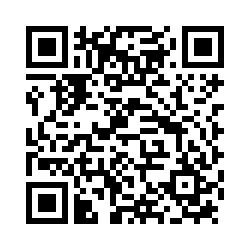Exploring voice hearing within eating disorders with girls and young women
Eating disorders are on the rise in the UK, with 2022 seeing new records in the number of young people accessing treatment for eating disorders (NHS England, 2022). During UK medical training, aside from child and adolescent psychiatry training, teaching on eating disorders can amount to as little as two hours; learning which is rarely assessed (Ayton & Ibrahim, 2018). Due to the risk of severe health and illness, mortality and multimorbidity associated with eating disorders, it is essential we know more about what helpful support would look like. It is also essential that research attends to factors that can maintain the eating disorder and undermine recovery.
One such mechanism is the eating disorder voice, which is the experience of hearing a voice others don’t, which has been described by a recent review as “powerful, negative and omnipotent [in] nature” (Aya et al., 2019), increasing feelings of defeat and entrapment within the disorder. Addressing the eating disorder voice through relational and interpersonal talking therapy approaches has potential to bring about better outcomes for people with eating disorders (Aya et al., 2019), although the eating disorder voice can prevent people from seeking help in the first place.
Therefore, there is a need to learn more about the eating disorder voice in community and clinical groups, developing a broader understanding of the voice itself and how it affects the choices people feel they have for recovery. However, there are three key challenges to address as part of this process.



